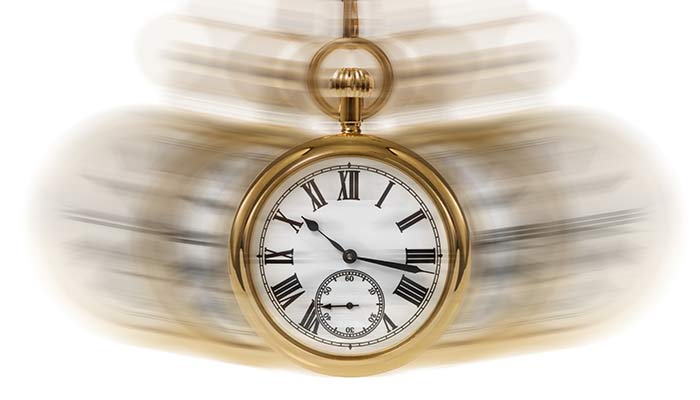
Atrial fibrillation (A-Fib) is when the rhythm-keeper of the heart goes a little haywire.
Normally the heart has a steady beat, like a clock. All four chambers contract in sync and blood is efficiently pushed through.
During A-Fib, the top two chambers hesitate. They quiver and get out of sync with the bottom two. It can feel like the heart races.
Complications
Some people with A-Fib develop congestive heart failure(CHF). Another risk is stroke. Because of the irregular beat, the top chambers (the atria) don’t fully empty. Blood can pool in the heart and form a clot, causing a stroke if it gets to the brain.
Symptoms
Signs of A-Fib vary widely, from none to
- a pounding heart that skips beats and feels like it flip flops in the chest. This is especially common during physical exertion, or
- nausea, dizziness, a fast heartbeat, and shortness of breath.
Many people with atrial fibrillation lead highly engaged lives. If your loved one gets a diagnosis of A-Fib, support him or her to
- take medications exactly as prescribed. Many of the drugs process through the body quickly. Taking a medication an hour or two late actually can cause problems.
- get lab tests as required. Monitor blood thinners regularly. You don’t want too much or too little.
- eat a heart-healthy diet. Focus on foods that are low in fat and have little or no salt. Pay attention to the dietary restrictions of any heart medications.
- get regular, monitored exercise. Talk to the doctor about the appropriate type and amount.
- keep the heart calm. Anger, anxiety, or stress raise the heart rate and can make the fibrillation worse. Try yoga, mindfulness, and other relaxation techniques.
- avoid stimulants. Coffee, caffeinated sodas, and alcohol all promote a faster heartbeat.

